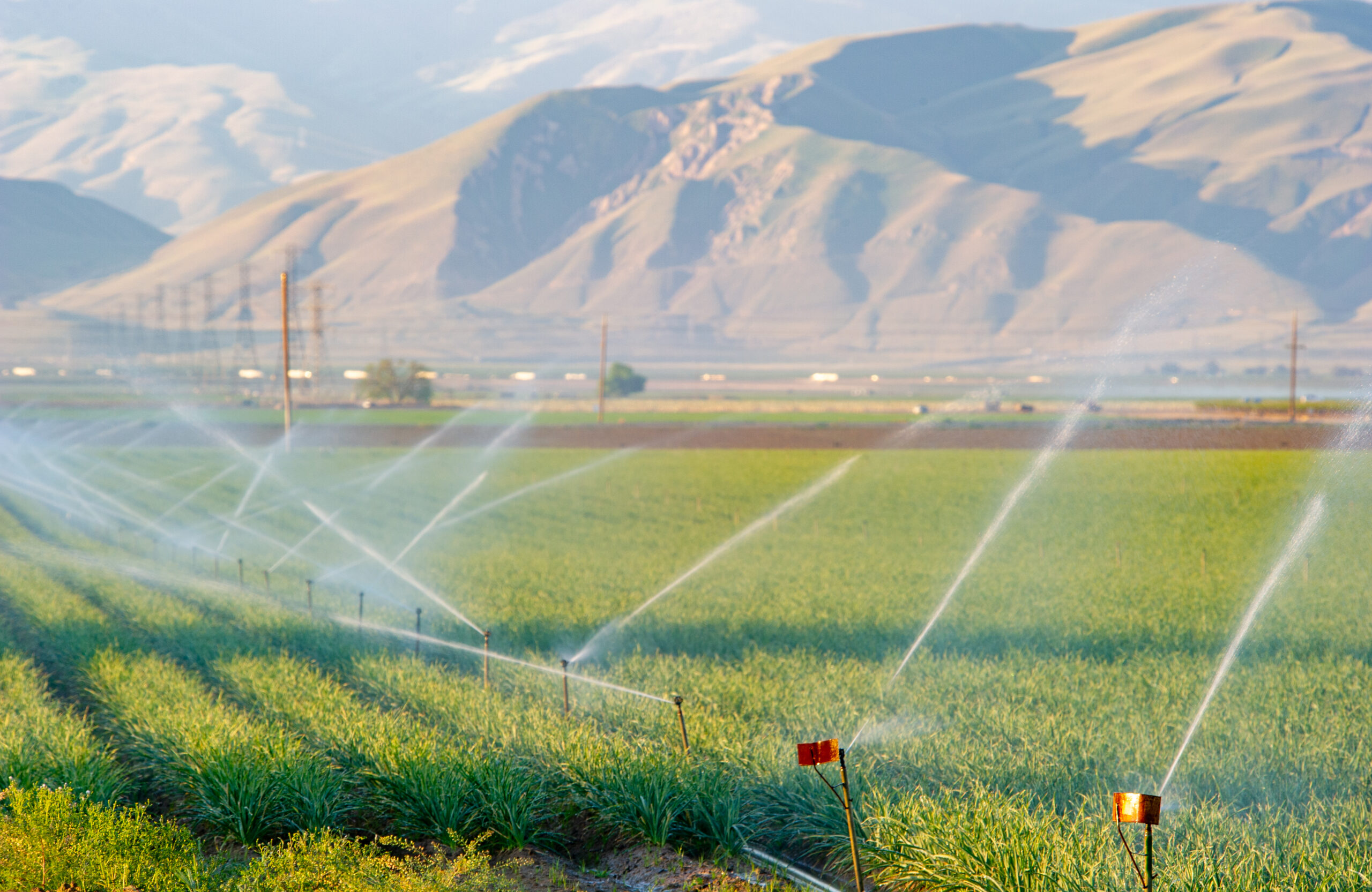This article originally appeared in Calmatters on August 8, 2022.
The town of Ducor, with a population of just more than 600 residents, is located 35 miles north of Bakersfield. For many years, Ducor’s residents, nearly all of whom speak Spanish as their first language, were forced to drink and bathe with water polluted by cancer-causing nitrates and other contaminants from agricultural runoff.
Then, in 2016, the Tulare County community completed a public well that was 2,000 feet deep and cost millions of public dollars. Ducor finally had a steady source of clean water — until last year, when a new agricultural well was drilled across the street from the public well, threatening to contaminate or disrupt the community’s water supply.
With ever-worsening drought, Ducor’s families once again find themselves scrambling to secure safe, clean drinking water.
In 2014, state lawmakers responded to decades of sinking land across the Central Valley by regulating groundwater for the first time. The Sustainable Groundwater Management Act aimed to ensure that all water being pulled out of the earth would be replaced, and set a date of 2040 to return California’s water basins to this natural balance. But the groundwater act did not limit new wells going in, which is why a public well that supplies water to Ducor residents can be threatened by a new private well just 250 feet away. Community residents already are beginning to lose water pressure when they turn on their taps.
Unfortunately, these stories are common throughout the Central Valley. Once rival corporate wells are drilled, small communities have little recourse to protect their water supply.
Recent research by the Community Alliance with Family Farmers, Clean Water Action, CivicWell and others, revealed that while water scarcity threatens agriculture more generally, the impact is far greater for small and underrepresented farmers. In times of drought, it’s shallow wells that come up dry first. Deepening a private well is not a feasible solution when costs can start at $60,000.
In March, Gov. Gavin Newsom signed an executive order meant to protect Californians who rely on groundwater for their water supply. This order requires local well-drilling permits to align with groundwater sustainability plans before being approved. Local groundwater agencies now must review each permit and determine how a new well would affect nearby wells and the groundwater sustainability plan for that basin.
While we applaud the governor’s commitment to bolstering conservation efforts, the executive order is only a temporary solution. There is, however, a permanent solution to protect the water California’s families need: Assembly Bill 2201.
Assemblymember Steve Bennett introduced the Community Drinking Water Protection Act to ensure that new wells can be permitted only after proof is provided that they will not harm drinking water or otherwise obstruct sustainable groundwater management. AB 2201 is moving through the state Senate, where it faces opposition from some agricultural organizations and water districts.
If the law passes, groundwater sustainability agencies will confirm that all well-drilling permit applications align with the sustainability plan for their basin. Applicants for permits would have to provide a report demonstrating that their wells will not harm communities before they could be approved. The law would allow communities to more easily learn about proposed wells through required public postings, and residents could influence permitting decisions during the 30-day public posting period.
As the drought dries out lakes, rivers and reservoirs, thousands of deep agricultural wells are drilled to make up for the contracting water supply. This trend will worsen as climate change reduces snowpack and further dehydrates California’s aquifers.
Permits for new wells are determined by county governments, which are not required to consider groundwater sustainability when granting them. This is why more than 6,200 new agricultural wells have been drilled throughout California since 2014.
Before the state can achieve sustainable groundwater management, AB 2201 serves to strengthen local control of groundwater resources and move us toward the true intent behind the Sustainable Groundwater Management Act. AB 2201 is needed to help Californians maintain safe, reliable drinking water.
Ruth Martinez is a member of the Ducor Water Board in Tulare County.
Roger Dickinson is the policy director at CivicWell and one of the authors of California’s Sustainable Groundwater Management Act.
